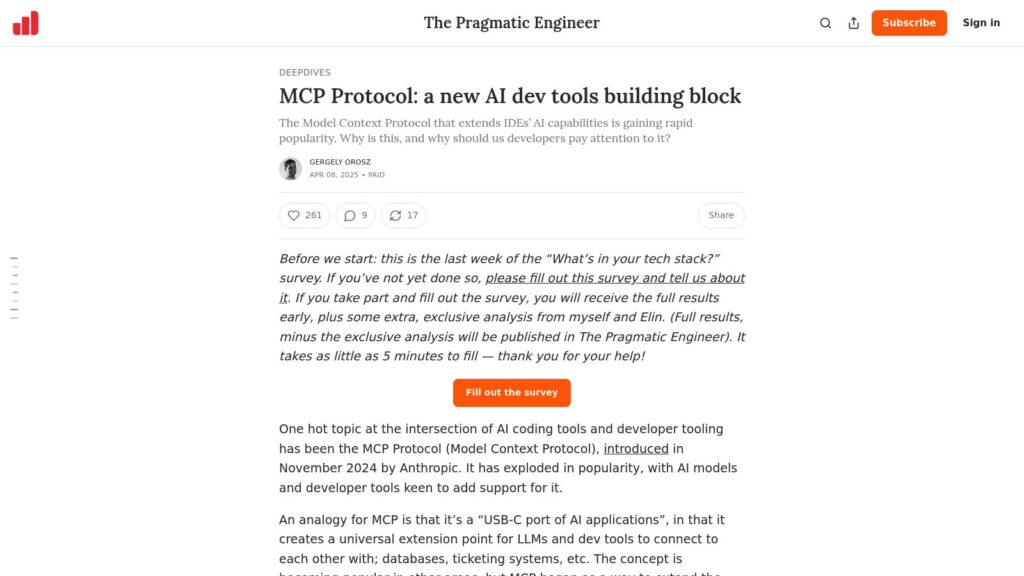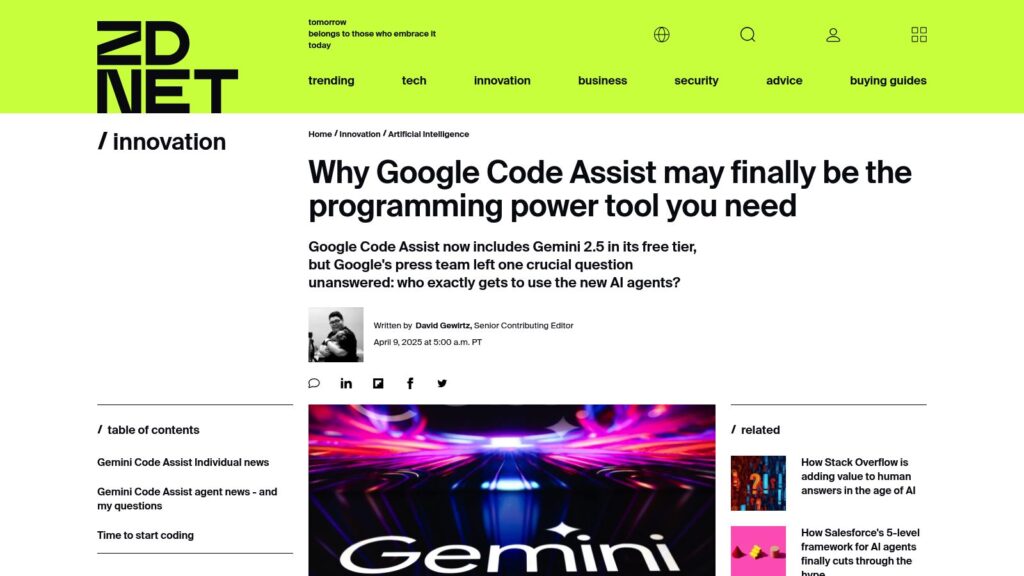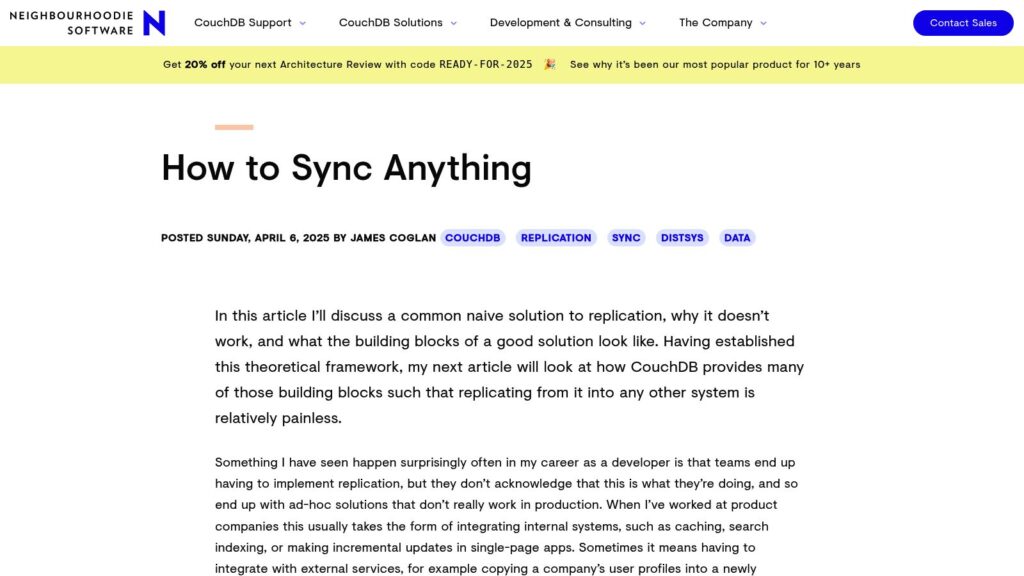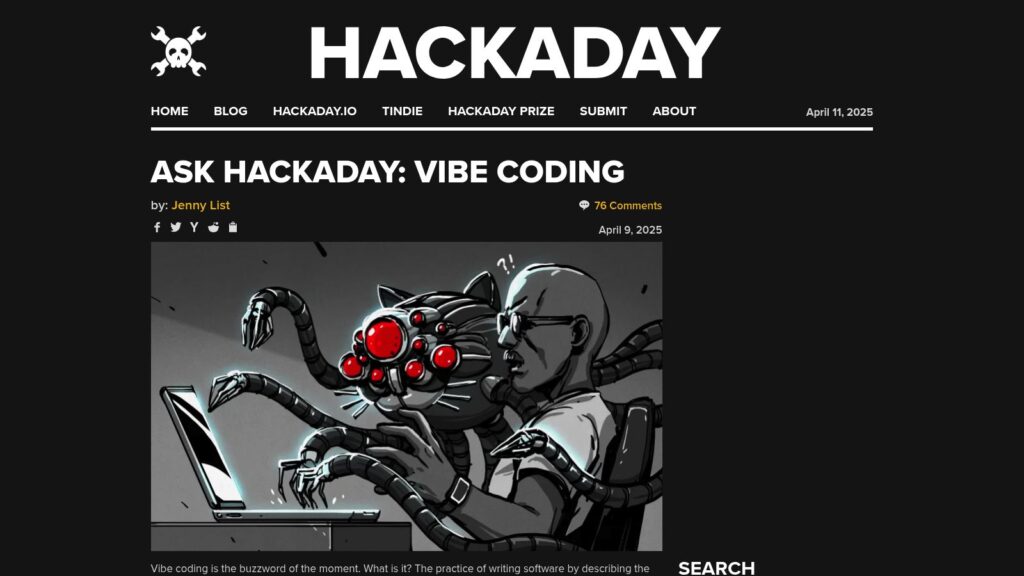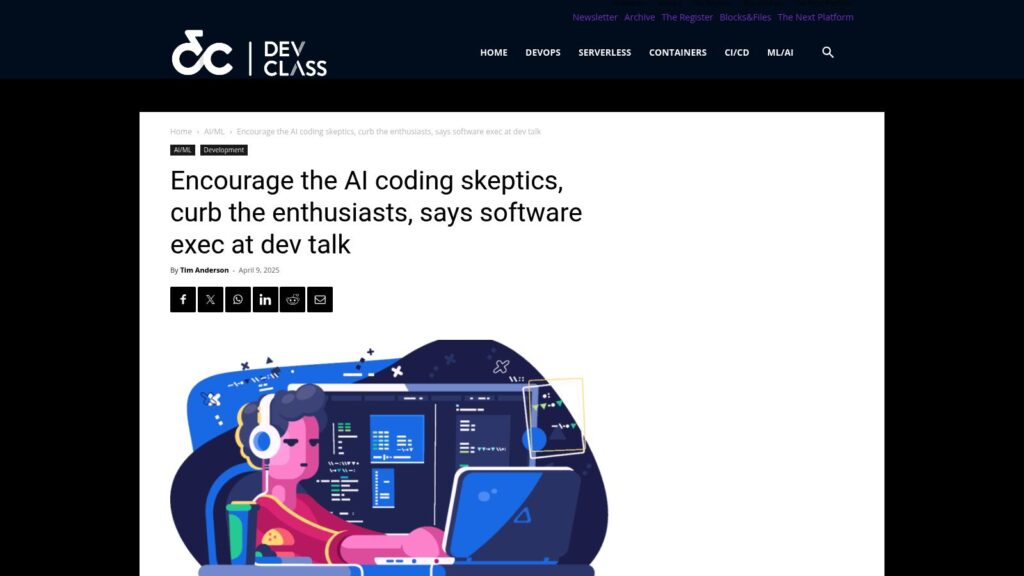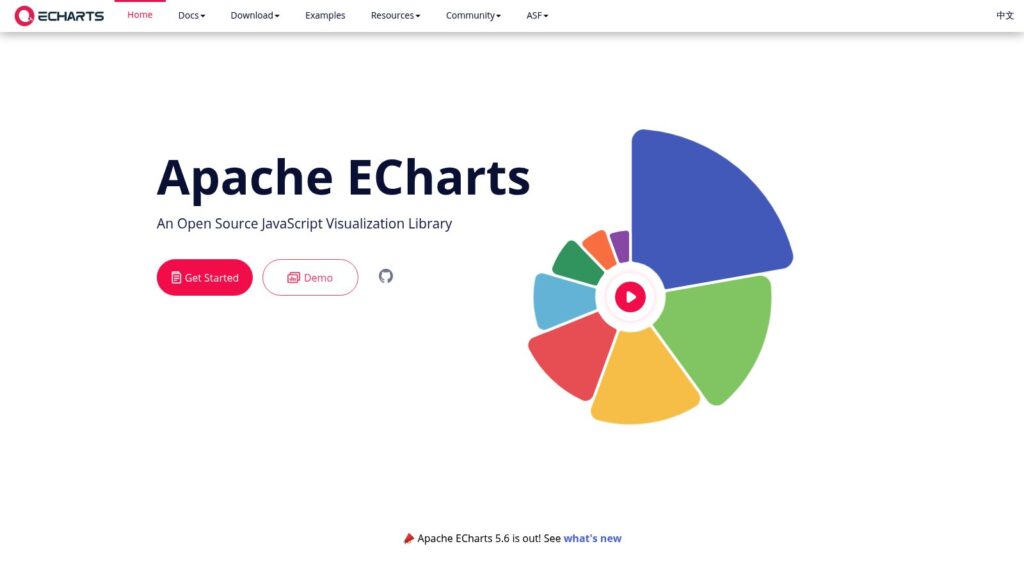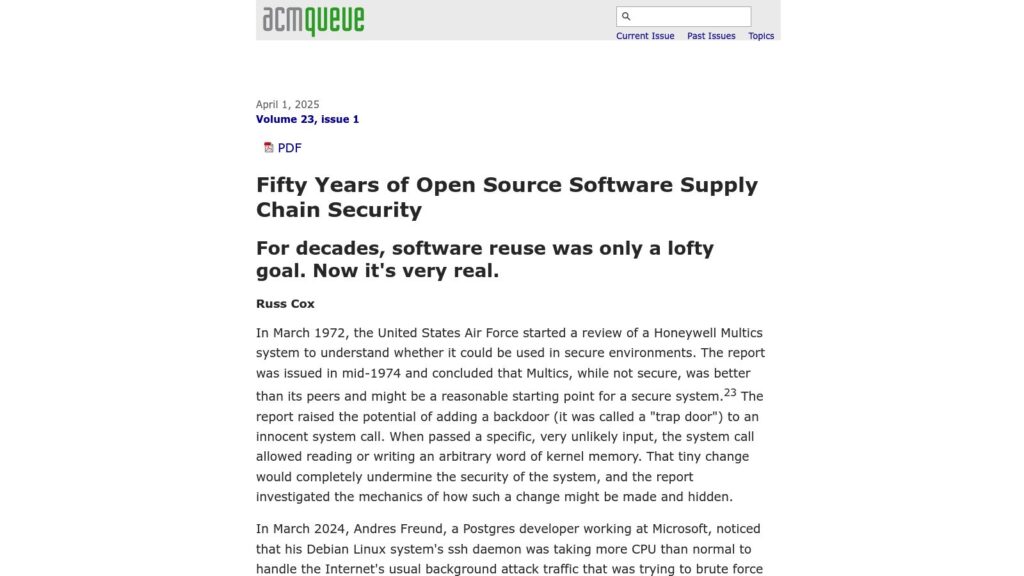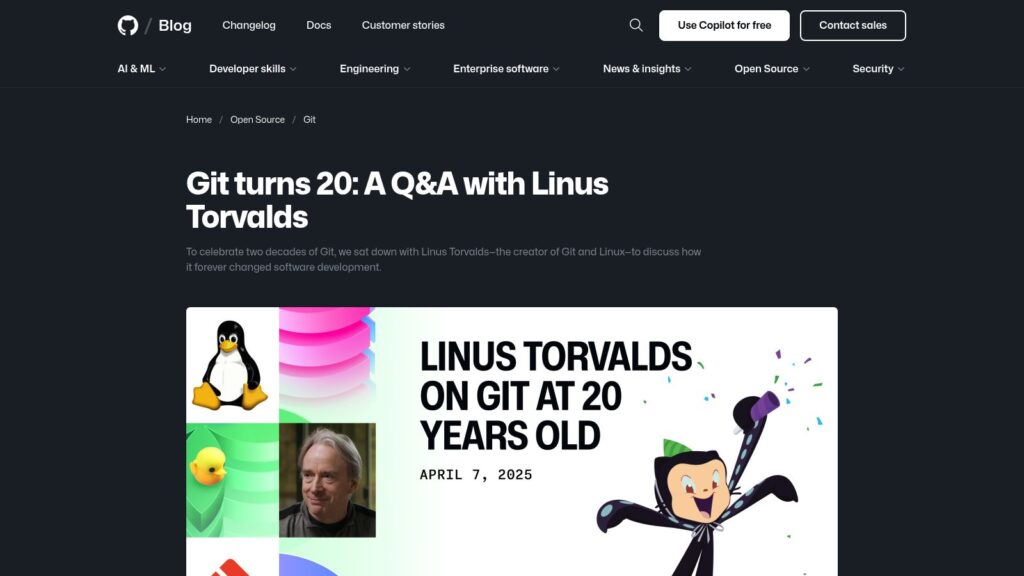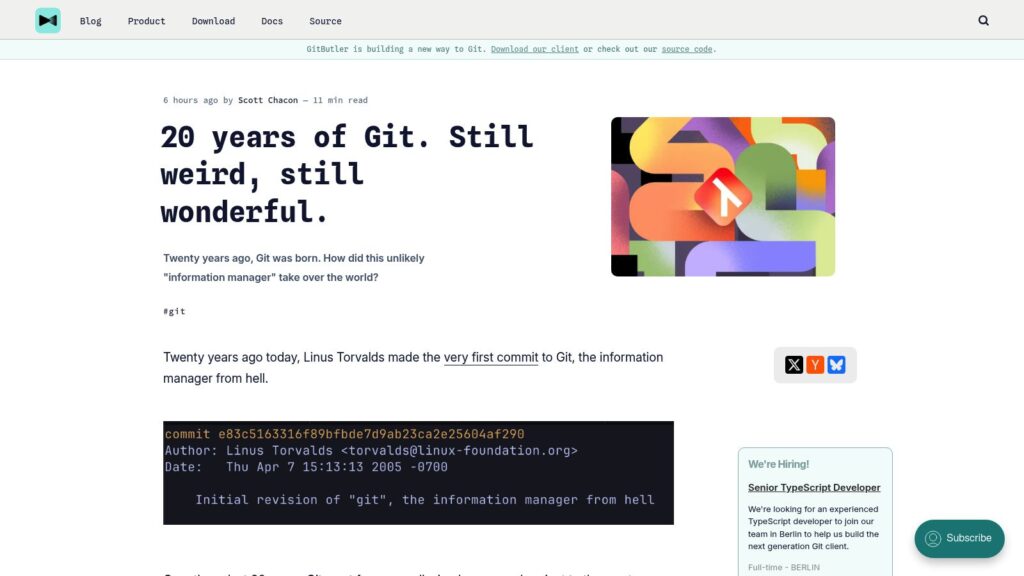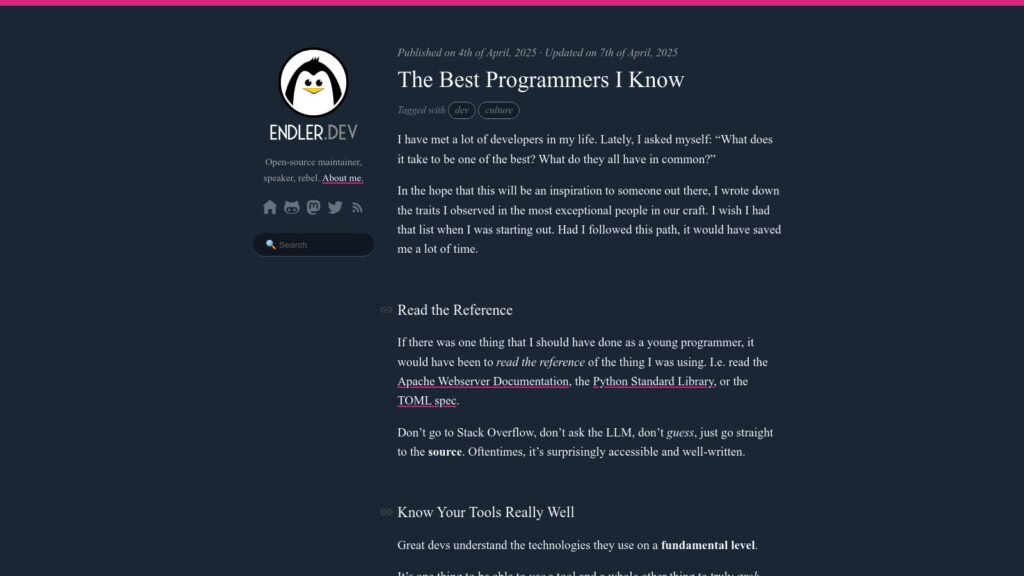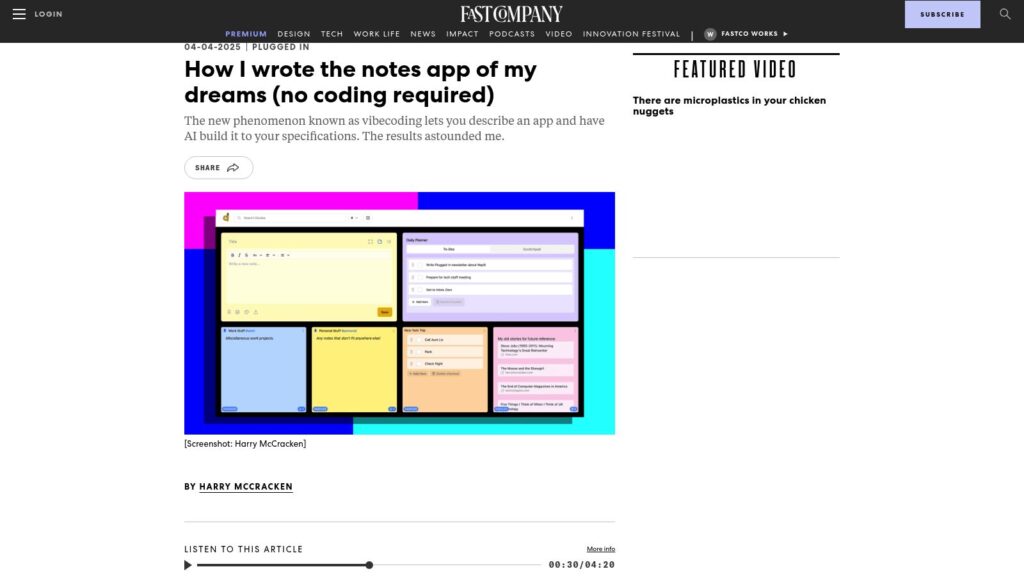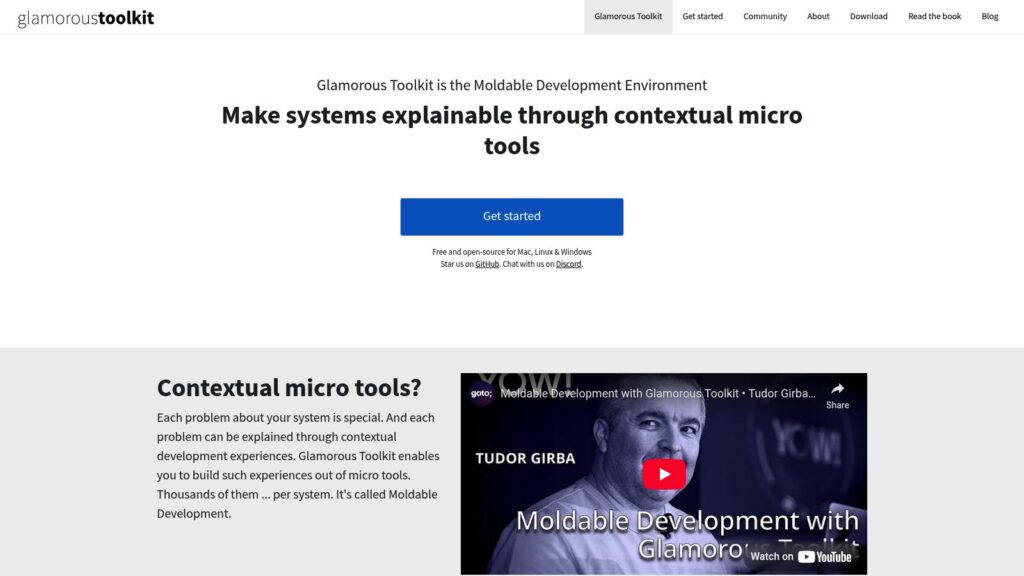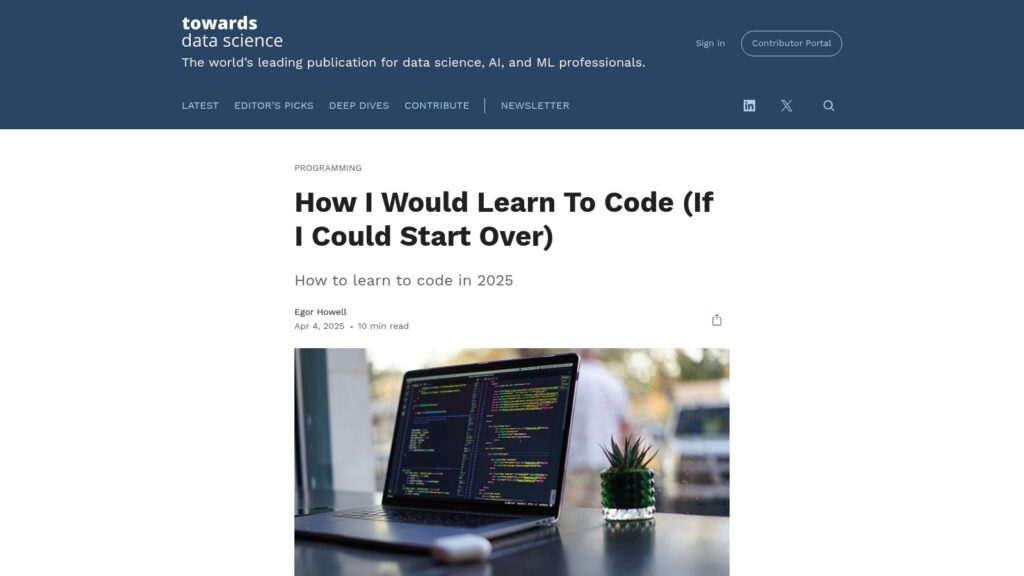MCP Protocol: a New AI Dev Tools Building Block
MCP Protocol, introduced by Anthropic in November 2024, boosts IDEs' AI capabilities, allowing seamless integration between developer tools and AI models. It serves as a universal interface, akin to a “USB-C port,” enhancing productivity by enabling natural language interactions with databases, source control, and more directly from IDEs. While early adopters include popular tools like VS Code and Cursor, security concerns remain. Developed by David Soria Parra and Justin Spahr-Summers, MCP is gaining rapid traction among developers, signifying a shift in how developers engage with various tools and enhancing AI's functional scope.

